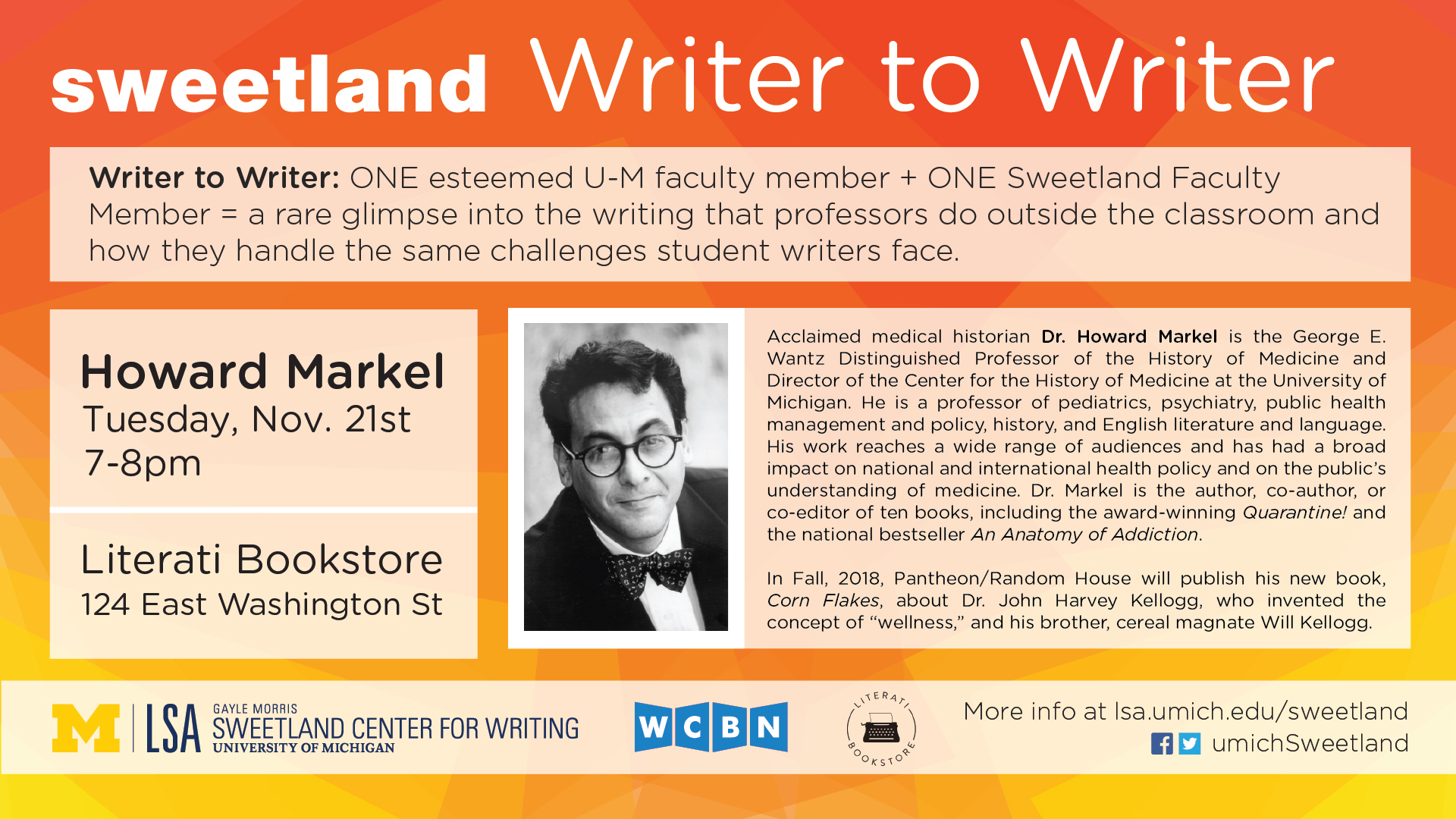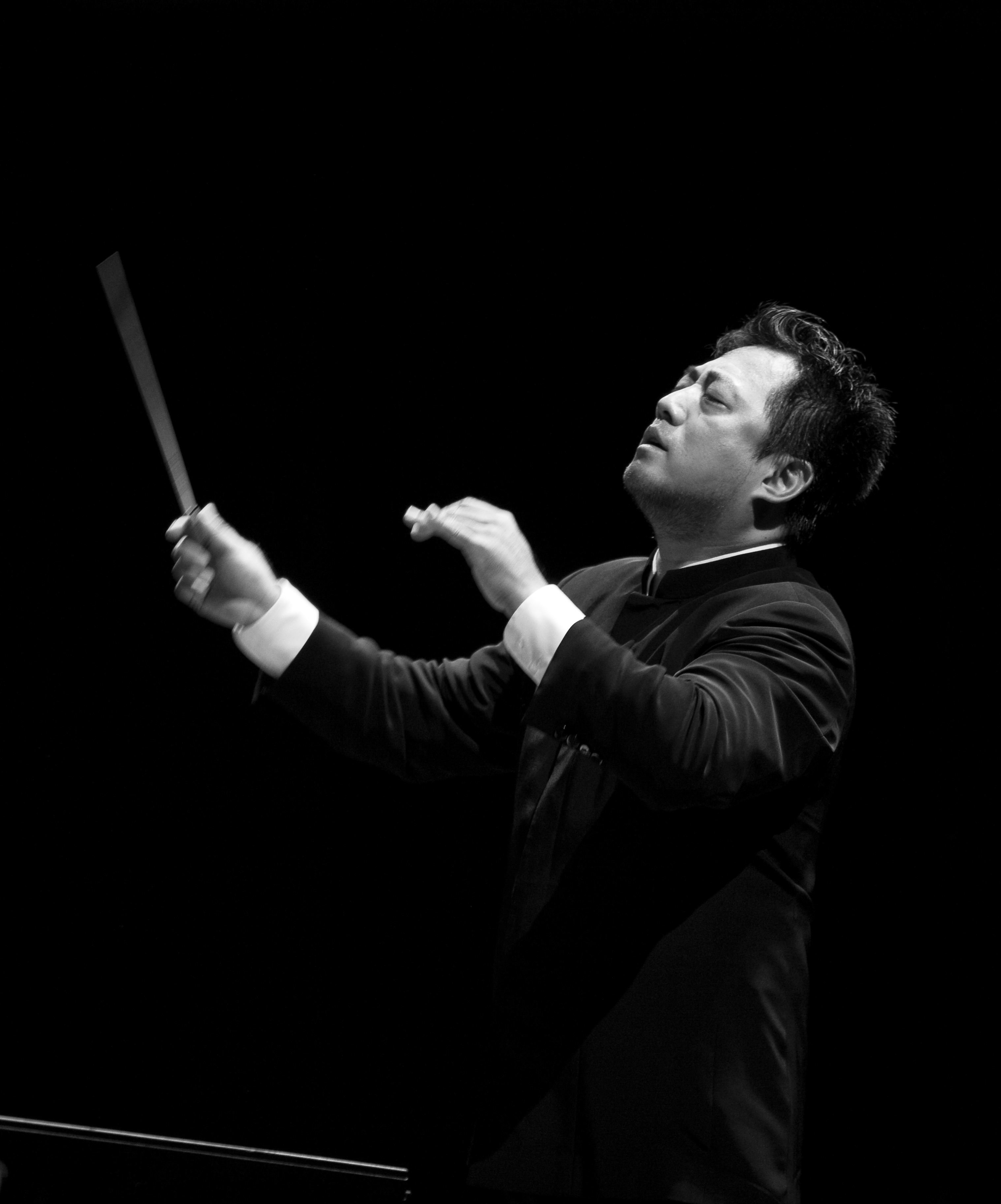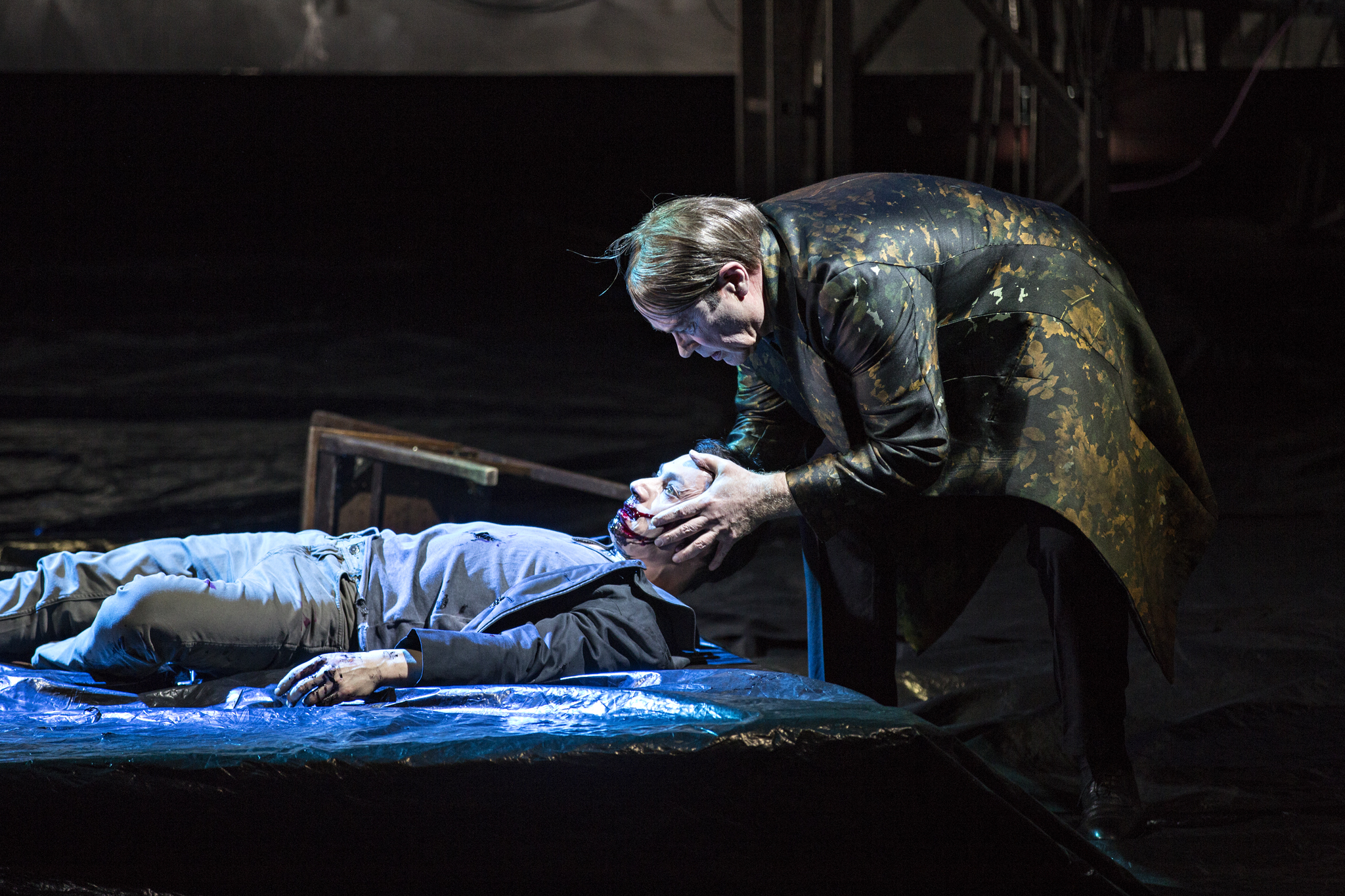Students, no matter what discipline you’re coming from, I truly encourage you to be on the look out for WCBN’s Writer to Writer podcast featuring Dr. Howard Markel. And I’m saying this not simply because I liked the talk but because I feel responsible to get more people to listen to what he had to say. Why?
I’m an insecure, struggling writer. I have a hard time articulating my thoughts into well-phrased, concise, comprehensive, and convincing parcels of words. Yes, sentences and paragraphs. I’m putting myself out there but I’m pretty sure other people share some form of this concern. Listening to Dr. Markel talk about his experiences as a writer demystified “writing” for me.
Here is a curated student writing FAQ list with simplified answers from Dr. Markel’s talk:
I think I like writing but I’m not good in it. What do I do?
During the talk, Dr. Markel talked about how he initially wanted to be a playwright but felt that he kept writing “bland plays.” At the time it was frustrating but looking back, he knew he ended up combining his love for writing with his career in medicine by writing medical history books. In history books, “the plot,” he noted, “is already written for you.” So it worked out well for him because the problem he found in one form of writing didn’t exist in another.
So the main takeaway? Go with the flow and you’ll find your niche.
How do I improve my writing?
a) By making writing a habit. Start with 100-200 words of free writing a day, then step it up to 500 words.
b) By reading. By finding out what works for you as a reader (style, structure, etc.), you understand what to do as a writer.
c) Revise constantly but smartly. Take some time off from your writing between each revision to clear your mind and freshen your perspective.
What’s a simple way of knowing whether my writing sucks if I am not having it peer reviewed?
If you can explain what you’re writing about to a person and he/she understands perfectly, you’re doing great. If you can’t, it means you have to rewrite it.
I have writer’s block. What do I do?
Read a lot. You will only be able to have ideas if you’re constantly inspired.
Should I write something that seems obvious or has been written about before?
Be confident. If you think you can say it/write it better, then it’s worth writing about it.
Why do I need to know about all of this if I’m never going to write anything substantial after my first year/upper level writing class?
When Dr. Markel said that he understood things better when he wrote them out or that he felt the need to rewrite something if he couldn’t explain what he wrote to someone else, he articulated feelings that I had but never really acknowledged. I then understood that writing isn’t exclusive to any field– it can be a form of therapy, a way to solve a personal problem, a tool to achieve better understanding. There you go.










